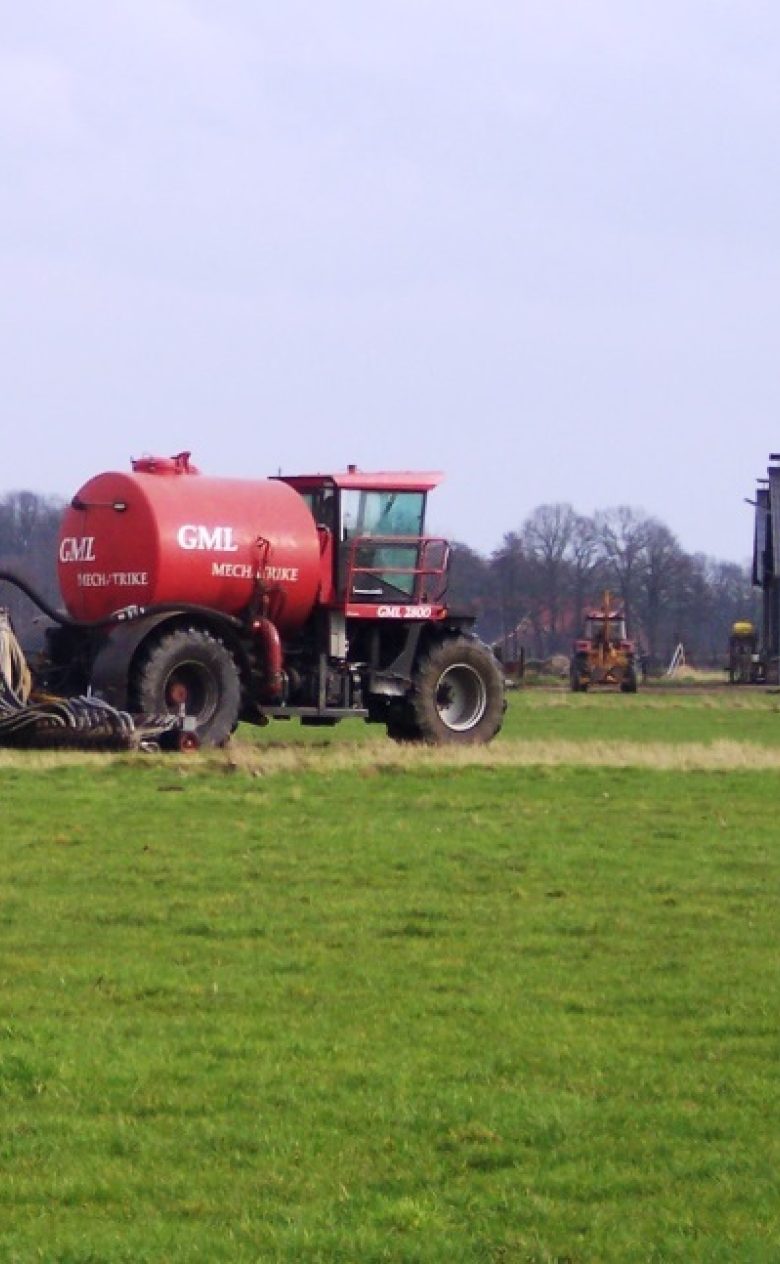Nutrients Monitoring Network Agricultural Specific Surface Water (MNLSO)
The Nutrients Agricultural Specific Surface Water Monitoring Network (MNLSO) was set up in 2010 by the water boards, the Ministry of Infrastructure and Water Management, and Deltares to monitor the water quality of agriculture-specific surface water regarding nutrients. Existing monitoring sites of all water boards were selected for the monitoring network, choosing only those sites where agriculture is the only anthropogenic source of nutrients.

Water quality problem in agriculture specific surface water
Intensive livestock farming in the Netherlands produces manure that is used on fields and pastures. The use of this animal manure, further supplemented by artificial fertilizers, causes too much nitrogen and phosphate in soil, groundwater, and surface water. The aim of the MNLSO is to determine whether there is a water quality problem in agriculture-specific surface water. Based on data from the monitoring network, status and trend analysis were carried out to determine at the national level and for the sand, clay and peat region whether in agriculture-specific surface water:
- Water quality targets related to nutrients are met.
- There are downward or upward trends in nutrient concentrations.
Together with the water boards, the relevant measurement locations have been extensively investigated in recent years to exclude the influence of other anthropogenic sources, upward seepage or inlet water. This monitoring network is therefore a valuable addition to the information from the status and trend analysis of the Water Framework Directive and provides insight into the degree of effectiveness of the set of measures taken by agriculture and horticulture.
Results of the MNLSO
Nitrogen and phosphorus concentrations in Dutch surface waters have declined since the early 1990s, thanks to measures taken in agriculture and by industry and WWTPs. Although this trend continues, a large part of the surface waters in the Netherlands is still eutrophic or potentially eutrophic.
In the period 2018-2021, the water board standard for total nitrogen or phosphorus is not yet met at about 47-54% of the monitoring sites in the MNLSO. The decreasing trends for total nitrogen or phosphorus suggest that the manure policy is effectively contributing to the improvement of water quality in agricultural areas. However, meeting the water board standards still requires additional efforts for many areas.


